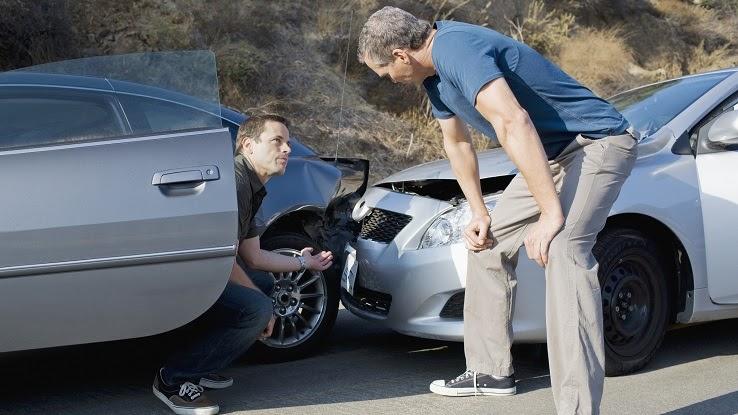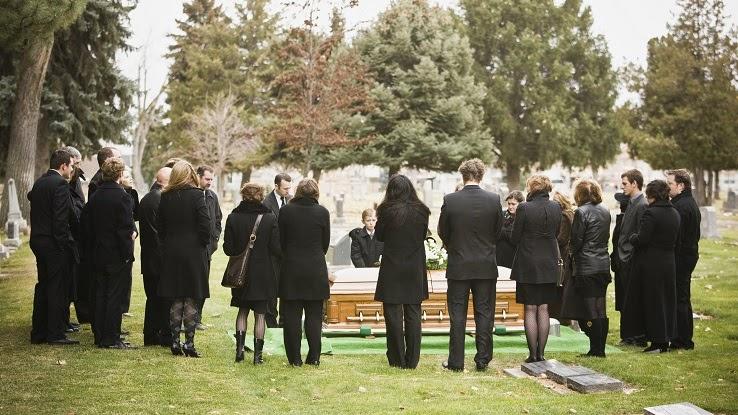Will Insurance Cover Testosterone

Insurance protects people from the cost of unexpected events — or at least it protects them from having to pay for damages caused by those unexpected events. A contract that outlines what insurance covers is called a policy, and the person whom that policy insures is called a policyholder. The fee the policyholder pays is called a premium. When the specific type of event that the policy protects against actually does take place, the policyholder files a claim. If the claim is approved, the insurance company gives the policyholder money or accommodations.
Policyholders pay their premiums every month, every six months or every year. Payments are always due, even if the policyholder never needs to file a claim. Understanding these fundamentals about how insurance works is important, as there are five basic types of insurance that the average person will use throughout their lifetime.

There are three types of auto insurance. Collision coverage is the type that pays for the damages that take place when the insured driver hits another car, person or object. Comprehensive coverage pays for the damages that don't happen due to car accidents. Each insurance policy is different, but comprehensive coverage typically covers events like fire, theft, hitting an animal, broken windshields, flooding and hailstorms.
The third type of auto insurance is called liability insurance. Rather than protecting the person who pays for the insurance, this type of insurance protects everyone else who may be a victim of damages the insured person caused. Liability insurance is further divided between personal injury coverage and property damage coverage, and many insurance policies include a combination of both.
How Does Auto Insurance Work?
When buying an auto insurance policy, each driver chooses the types of coverage and coverage limits they want — and that their states require. Drivers choose the coverage types and pay for them all under one customized policy from the same company. Usually, higher coverage limits equate to higher premiums. Lenders and state laws set the minimum types and amounts of coverage each driver needs.
Suppose Shawna and Joshua are involved in a car accident, and the accident is Shawna's fault. Shawna can file a claim against her own collision policy to repair her car. Joshua files a claim against Shawna's liability policy to repair his car and pay for his medical bills if he's injured. If Shawna's windshield is hit by a stray rock a week later, she can file a claim against her comprehensive policy to get it repaired.
Life Insurance

Life insurance covers all of the costs associated with death, such as funerals, cremation, burial and the deceased person's debts. The remaining money can, at least temporarily, replace the income the deceased person earned.
The two types of life insurance are term and whole life. Term life insurance expires at the end of the set term, which is determined in the insurance contract. Whole life insurance lasts for as long as the policyholder continues to pay. Whole life insurance policies allow policyholders to withdraw money from their policy before the event of their death.
Why Is Life Insurance Important?
Final expenses are, well, expensive. Life insurance protects loved ones from financial burdens when someone dies because it can, at minimum, cover the expenses associated with burial or cremation. Life insurance is especially important for married individuals and those who have financial dependents. If one parent is the only employed person in a family, the family would be destitute if that parent died. With a life insurance policy, the family will theoretically have enough money to survive in the event of the working parent's passing.
Health Insurance

Health insurance pays for all or a portion of the costs of medical care. There's a variety of types of health insurance that determine which doctors that patients can see and what types of healthcare the patient can receive. Many policies have a deductible amount the policyholder must pay each year before the insurance begins covering the costs of their medical care. There are also co-pays, which are usually a percentage of an appointment cost that the policyholder is responsible for paying.
How to Get Health Insurance
To qualify for insurance from an employer, a person simply has to be employed for the right number of days and hours and apply for coverage. Older adults may qualify for health insurance coverage through Medicare. Children, individuals with low income and adults with certain chronic illnesses may qualify for coverage through CHIP or Medicaid.
Many Americans find insurance through the Health Insurance Marketplace. The process starts with filling out an application. Based on the application, the applicant may receive a subsidy for health insurance. Even if the applicant doesn't qualify for a subsidy, they can choose from plans available through the Marketplace.
Individuals can also pursue health insurance privately. The process is often as simple as applying for and choosing a plan directly from the health insurance company. There are also consumer tools that help people compare the cost of health insurance coverage across several companies at once.
Disability Insurance

Disability insurance replaces income for someone who is disabled and cannot work. Some employers offer this insurance as a benefit, but anyone can get disability insurance on their own. Disabilities include any illness or injury that permanently or temporarily prevents a person from working.
Do You Need Disability Insurance?
Disability insurance is recommended for anyone who earns income. If going without pay for a month or more would cause a serious financial setback, it's wise to invest in disability insurance. Injuries and illnesses can happen to anyone at any time. Disability insurance is the only type of coverage that compensates for the loss of income in this way.
Home Insurance

People use home insurance to protect their places of residence, the land and structures outside of their homes, and the liability that may arise due to homeownership. These policies are extremely diverse and can include add-on policies and umbrella policies. Certain types of natural disasters aren't always covered by basic home insurance, so some homeowners choose add-on, or rider, policies for things like floods and earthquakes if they live in a susceptible area.
What Does Home Insurance Cover?
Homeowners insurance covers a person's home, the land the home is on and the personal property inside the home. It also covers liability as a result of owning the home, and certain other types of property on the land. This type of insurance compensates homeowners for any damages to the home or the property inside it that take place due to wind, hail, lightning, fires and theft. It can pay for medical costs if someone is injured in the home, and these policies can often cover property like fences and sheds.
MORE FROM ASKMONEY.COM
Will Insurance Cover Testosterone
Source: https://www.askmoney.com/insurance/different-types-insurance?utm_content=params%3Ao%3D1465803%26ad%3DdirN%26qo%3DserpIndex

Tidak ada komentar: